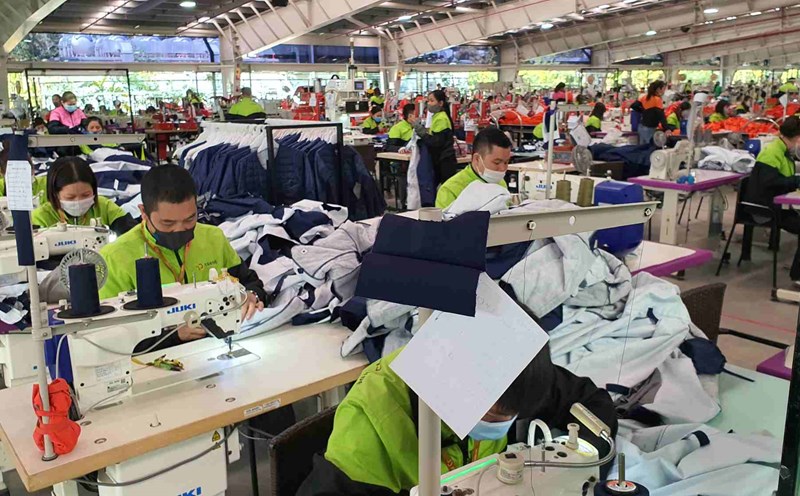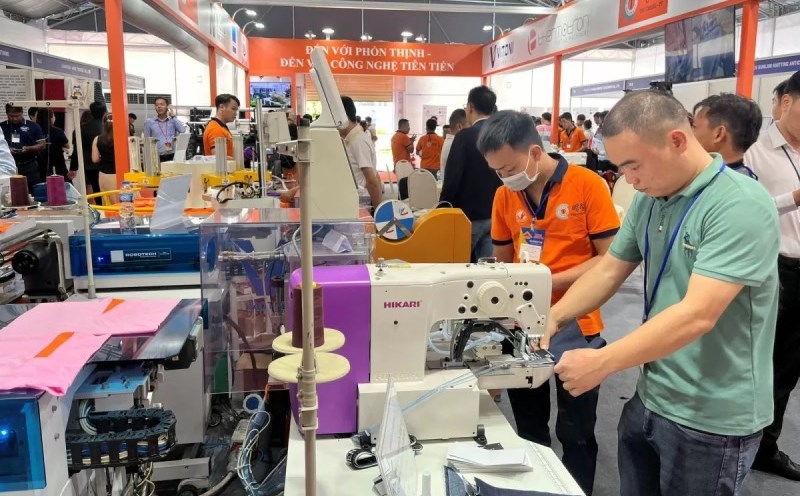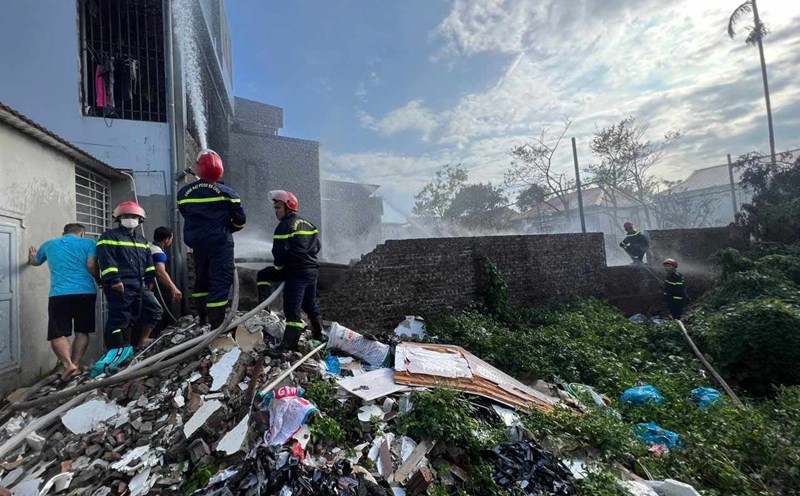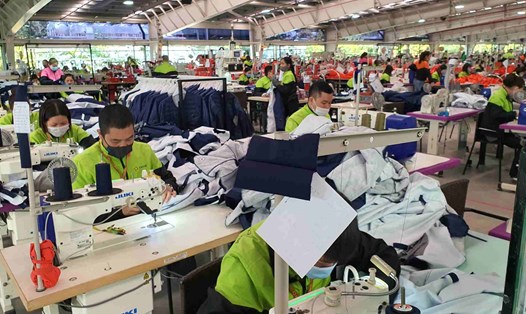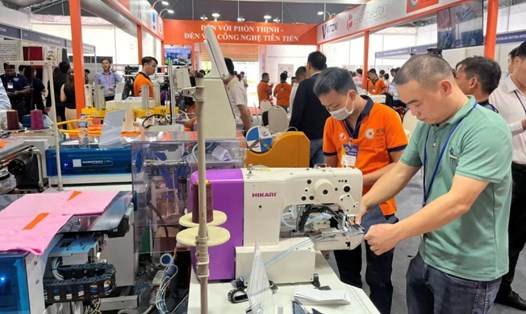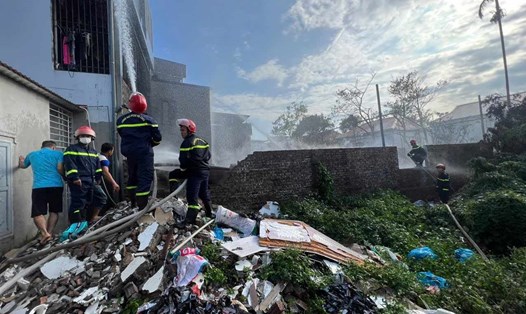On October 24, the Economic Research Institute for ASEAN and East Asia (ERIA) in collaboration with the University of East Asia (Da Nang City) organized the international scientific conference "Vietnam's Challenges: Towards a High-Income Country by 2045".
The workshop announced key findings from the ERIA Report entitled “Vietnam 2045: Issues and Challenges for Development”. The project was implemented in the context of the Resolution of the 13th National Congress of the Communist Party of Vietnam, which sets the goal of building Vietnam into a developed, high-income country by 2045.
Ms. Nguyen Thi Anh Thi - Vice Chairwoman of Da Nang City People's Committee - said: "Currently, Vietnam's economy has achieved many important achievements, with an average GDP growth rate of 6 - 7% per year over the past decade. Therefore, Vietnam is currently the country with the highest growth rate in the Asia region".
According to Ms. Nguyen Thi Anh Thi, export industries such as textiles and agricultural products have contributed to enhancing Vietnam's position in the global value chain. However, we still face challenges in improving labor productivity, transitioning to high-tech industries, and solving social problems arising from the development process.
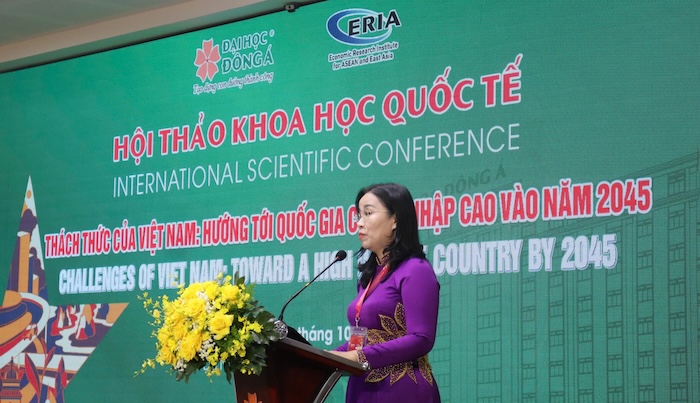
At the conference, scientists and researchers presented 14 thematic reports that provided in-depth insights into Vietnam's economy.
Dr. Vo Tri Thanh - Chairman of the Pacific Economic Cooperation Committee of Vietnam - said that despite its remarkable achievements such as transforming from a poor country to a middle-income country and becoming one of the most open economies in the world, Vietnam still faces many challenges. The risk of falling into the "middle-income trap" remains high, and the country has also suffered environmental consequences due to its growth. To ensure success, it is necessary to draw lessons from past experiences, emphasizing political determination, administrative reform and international integration.

